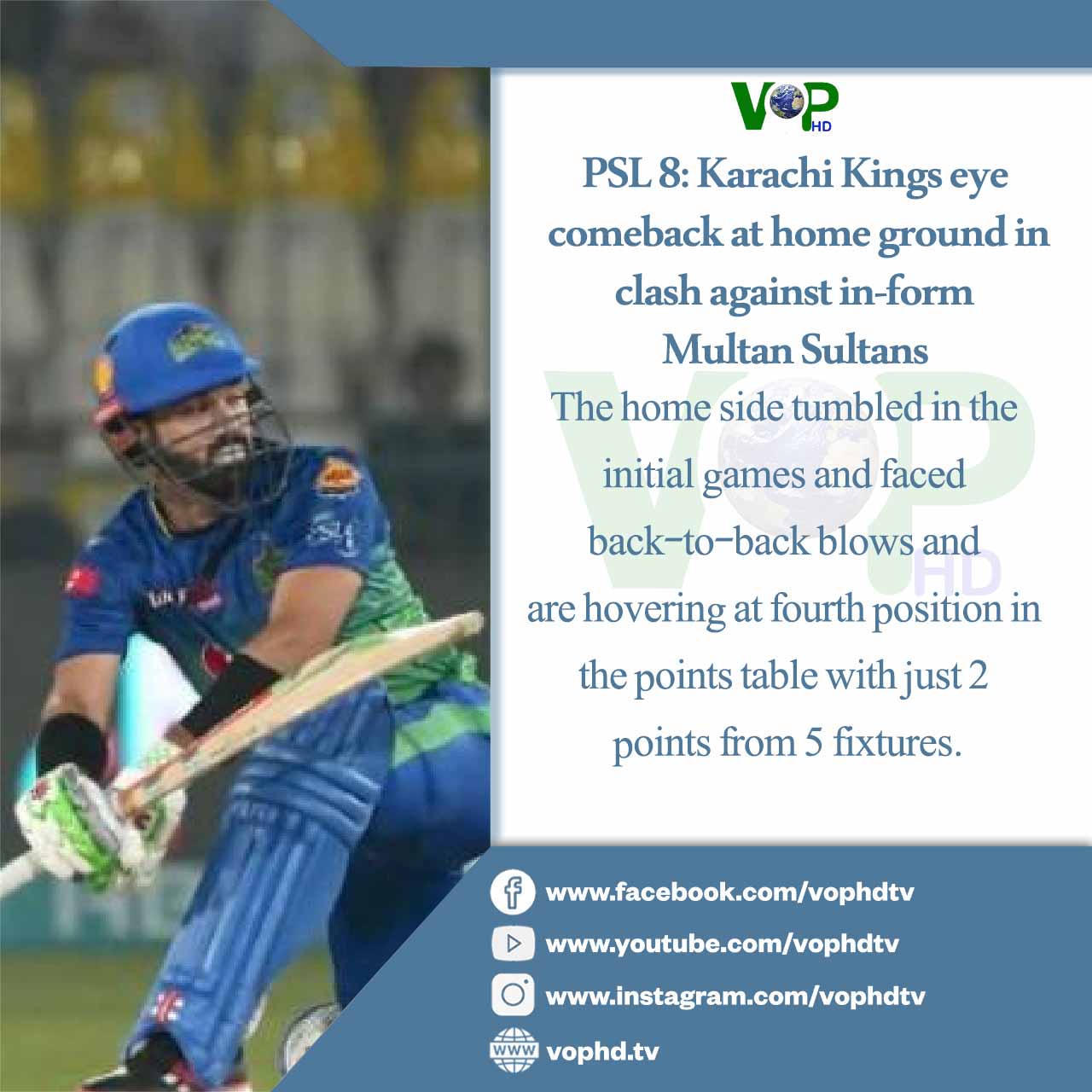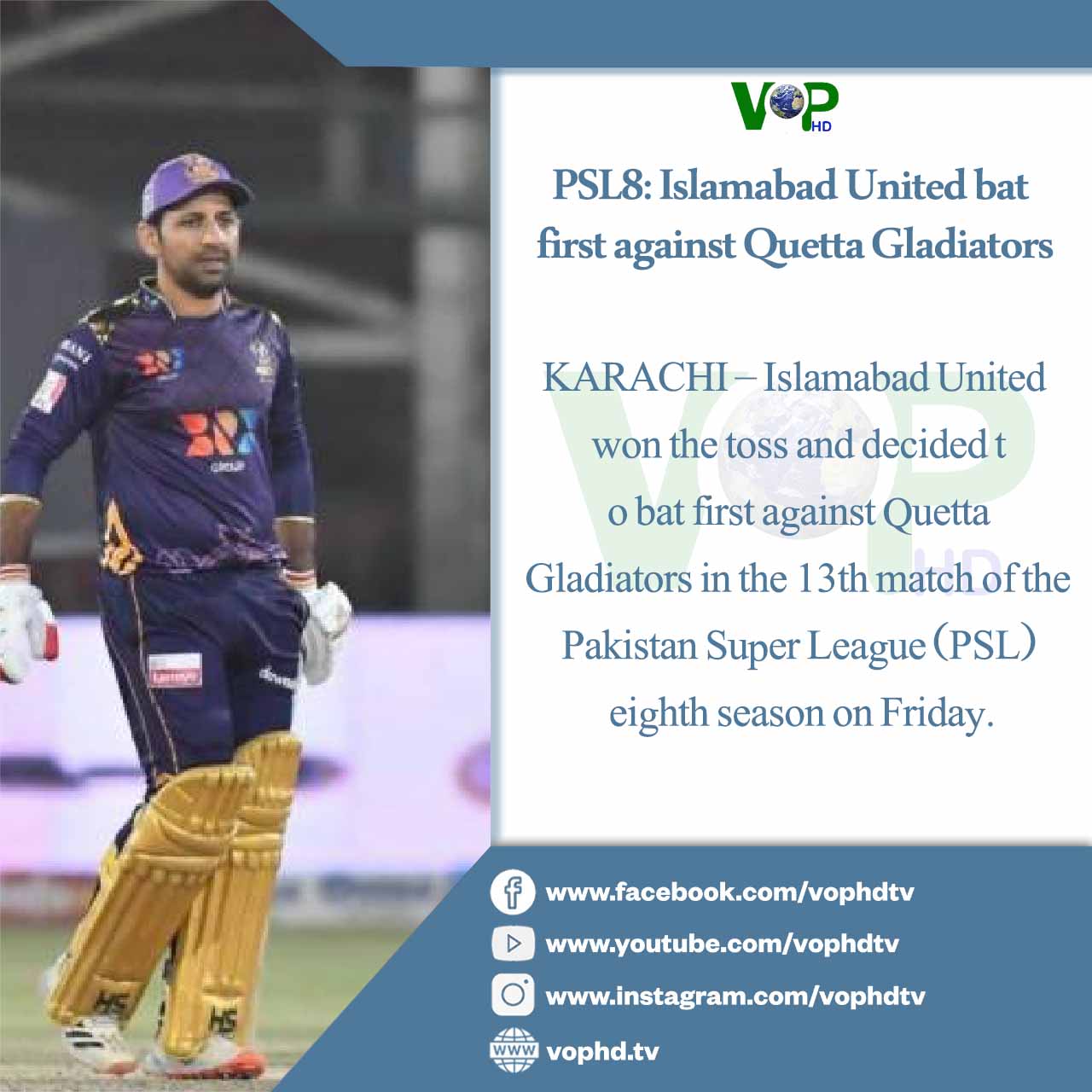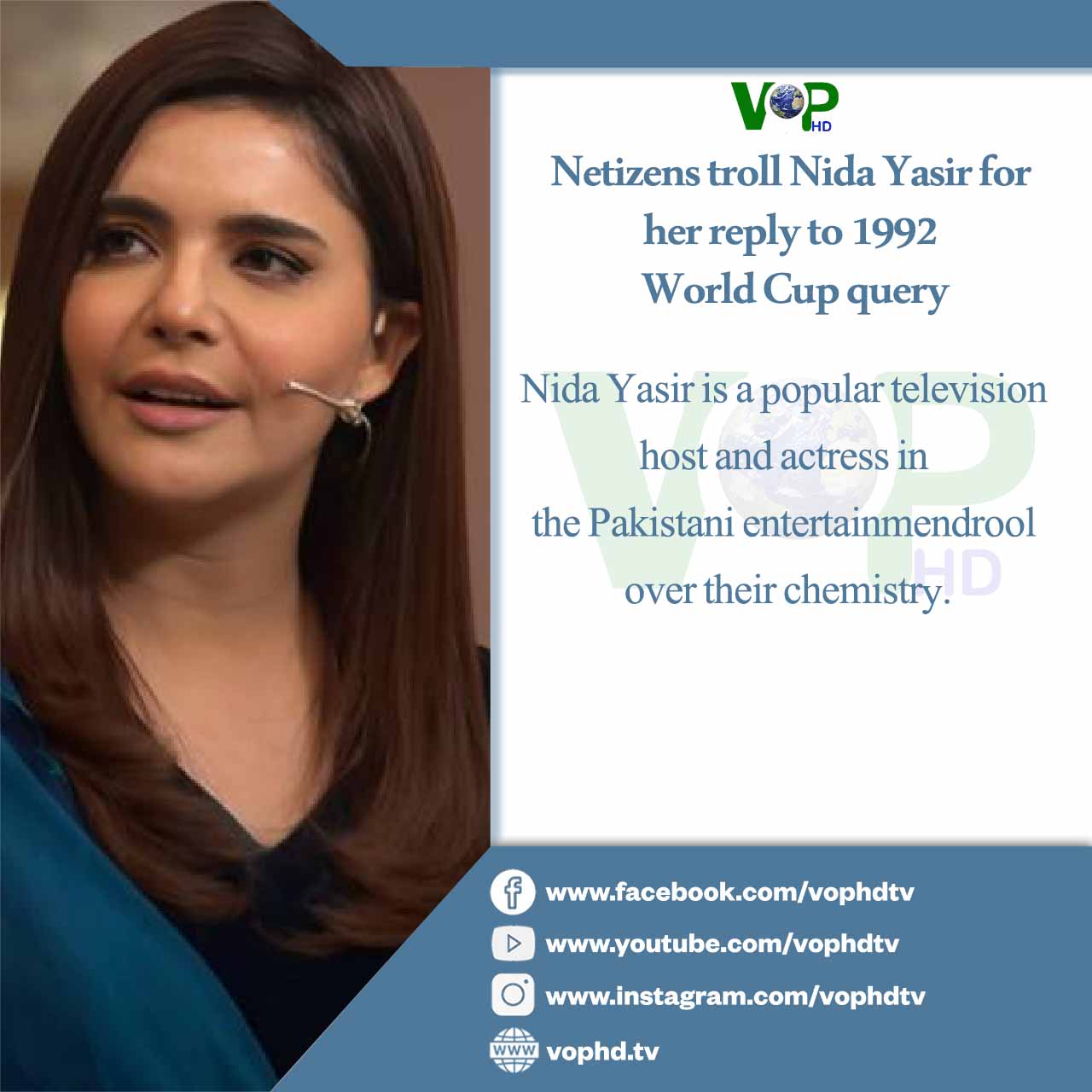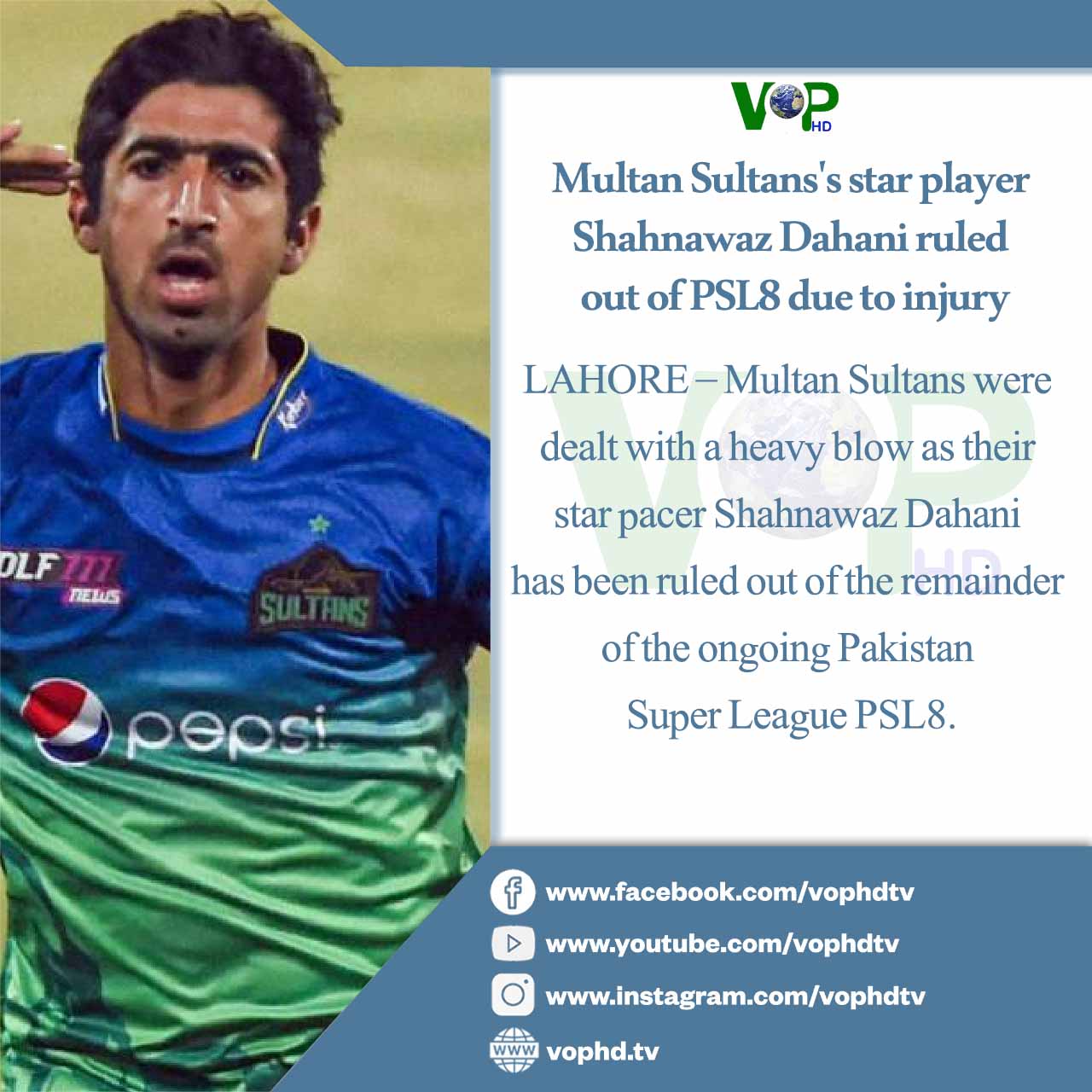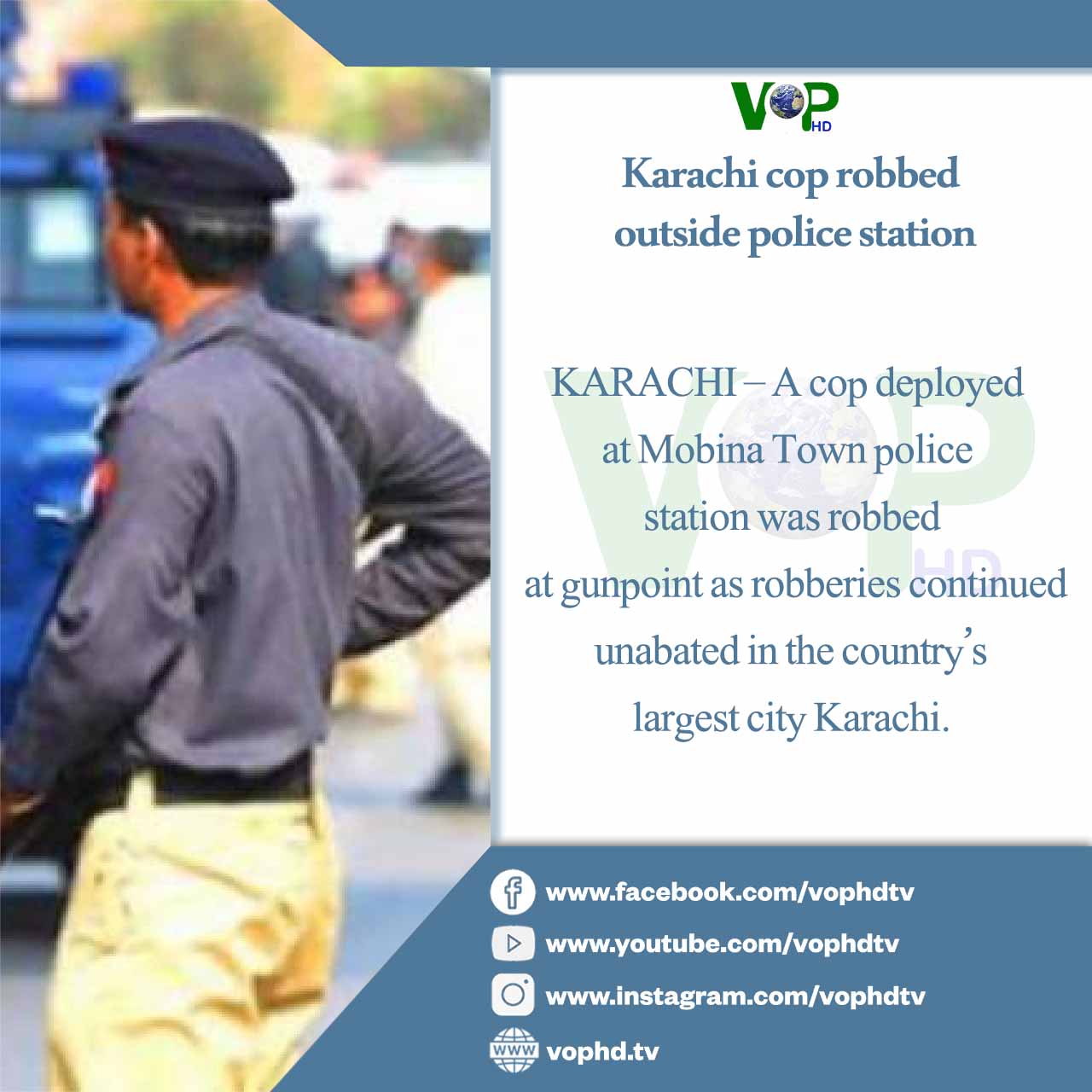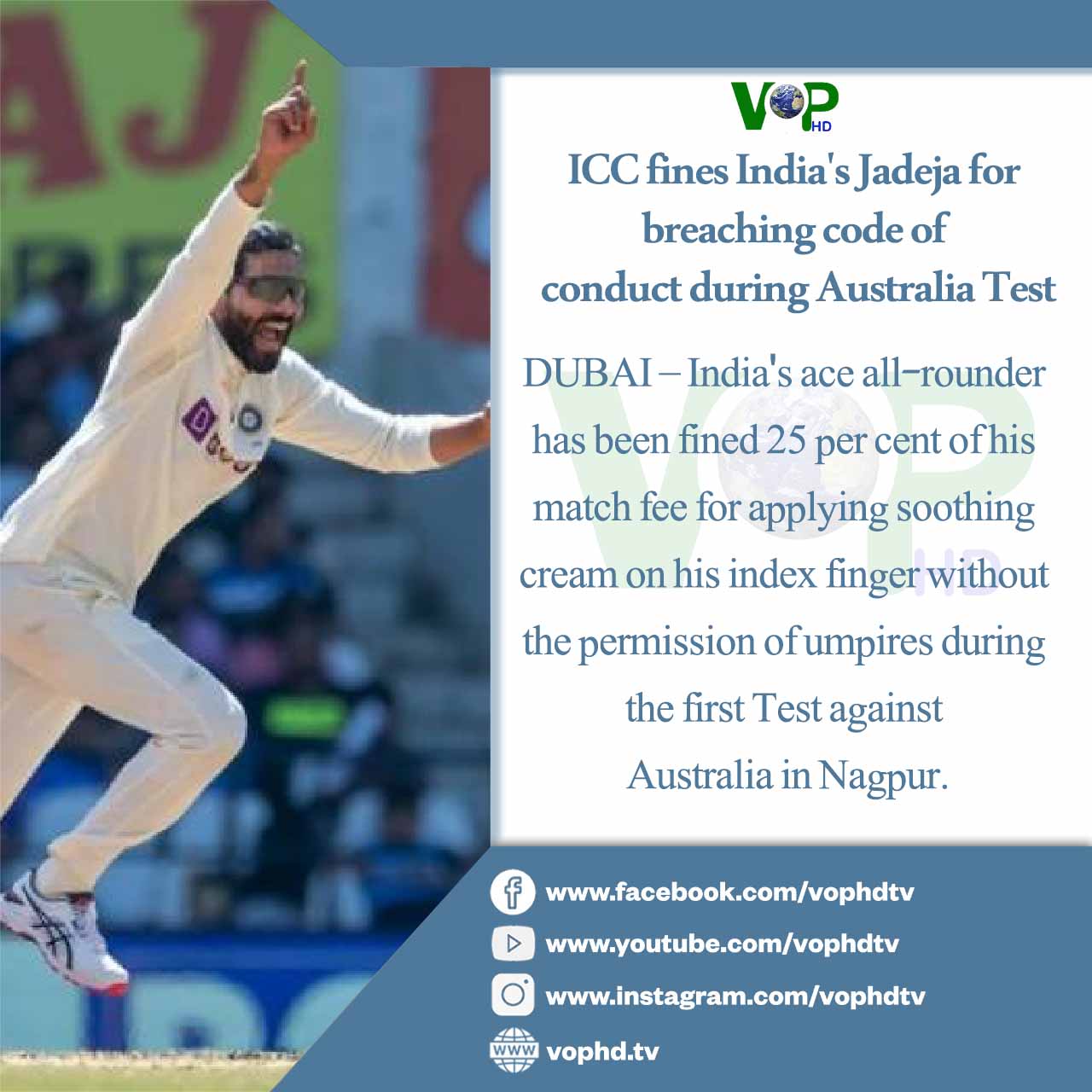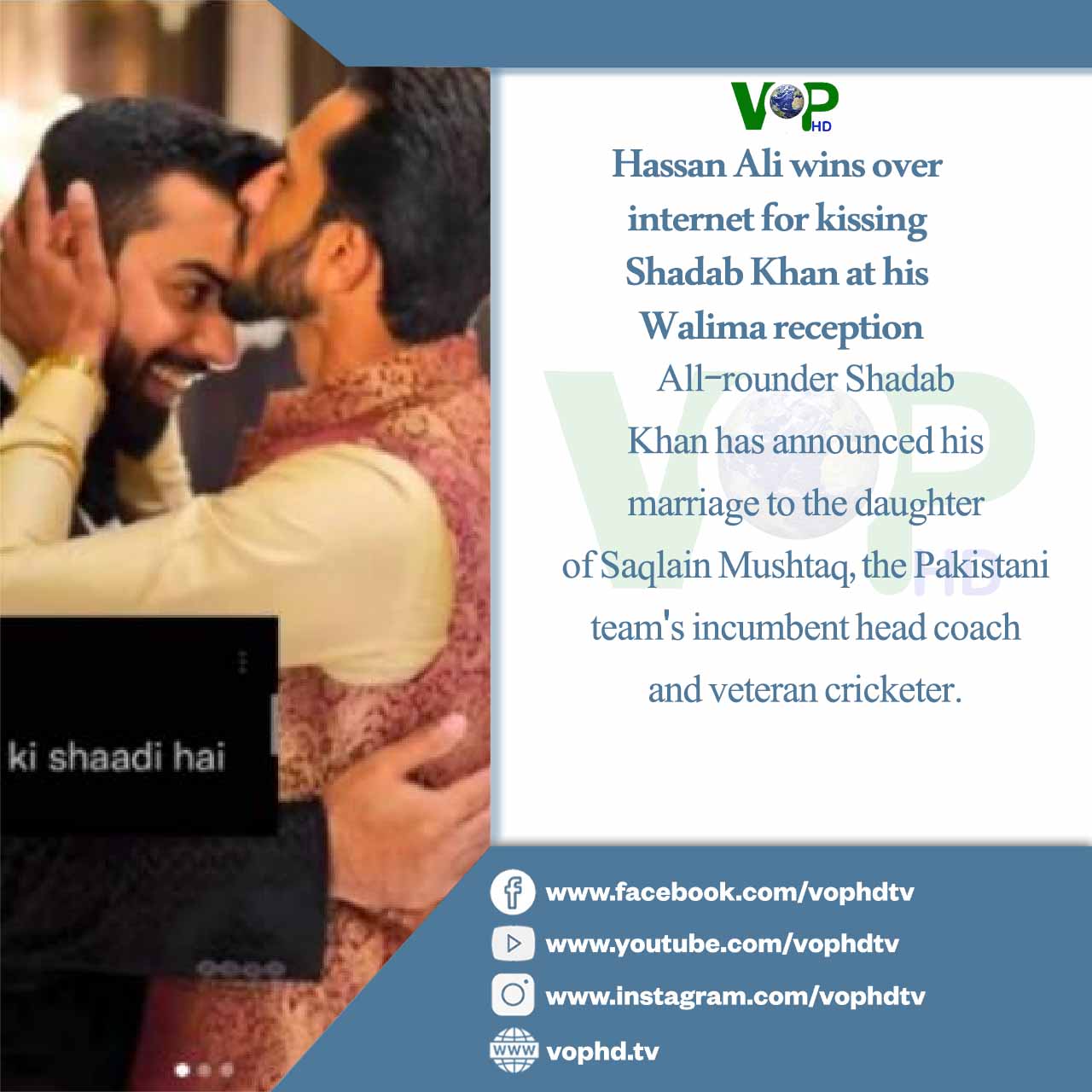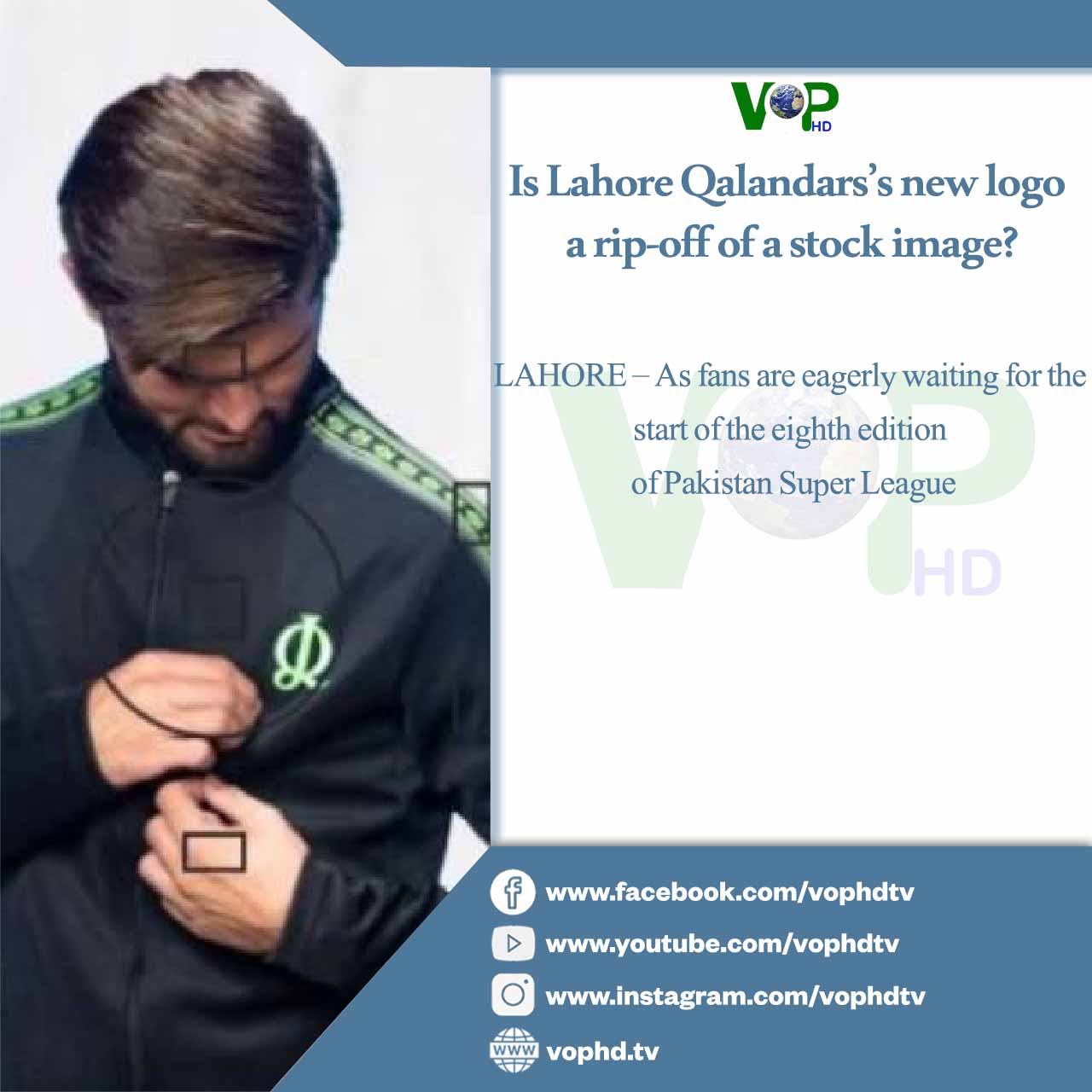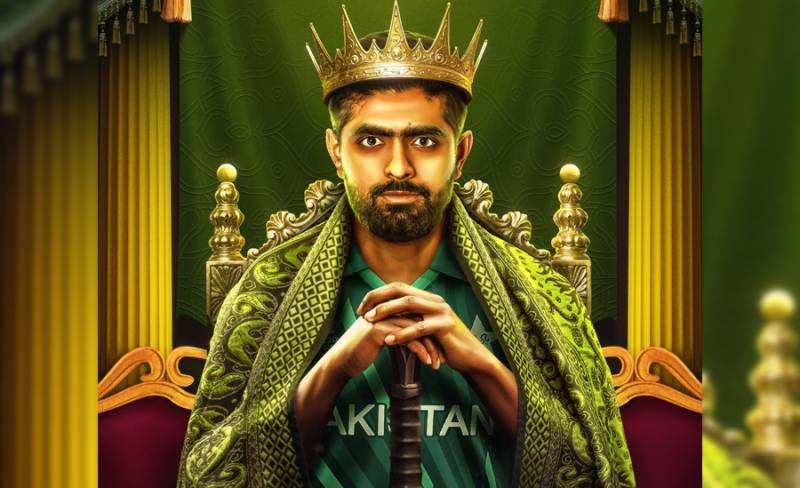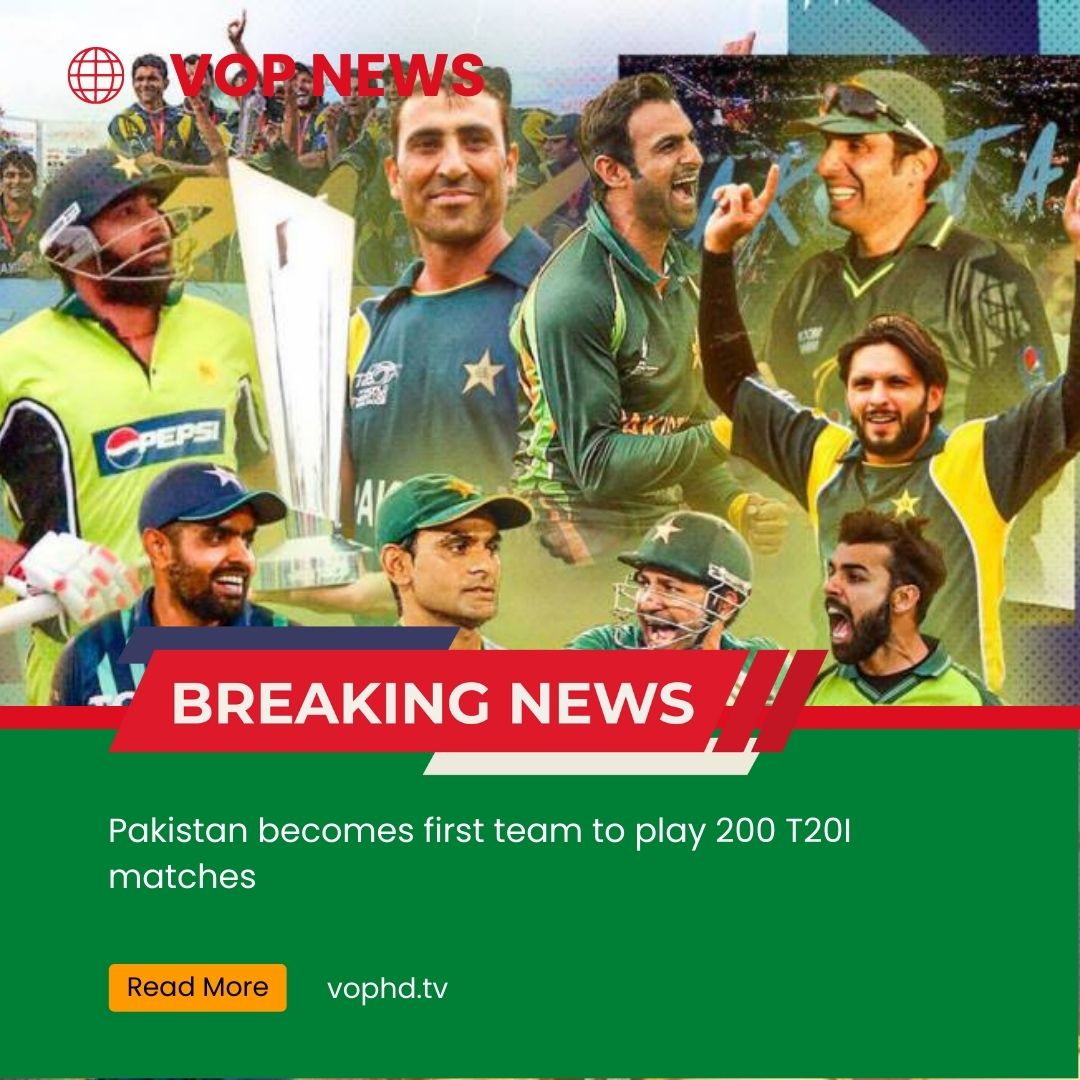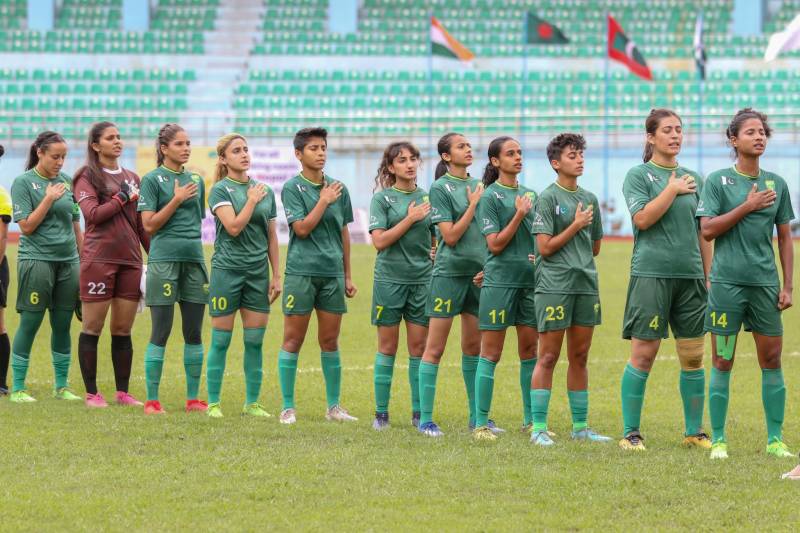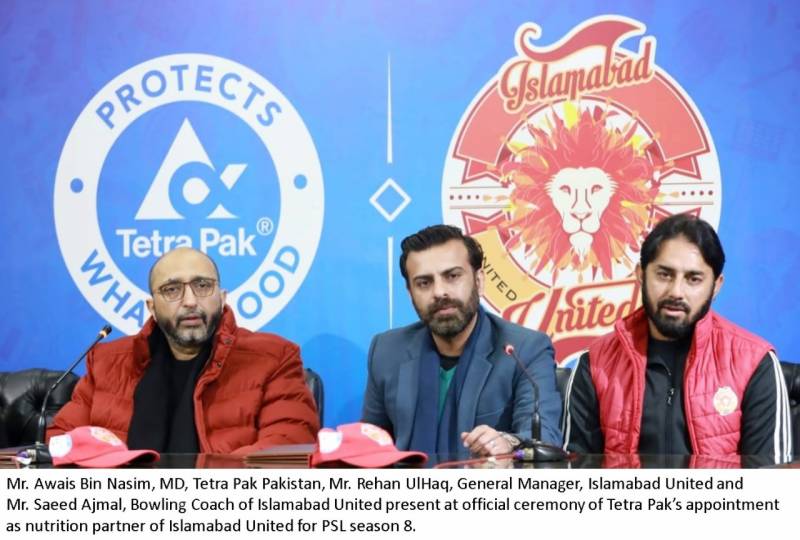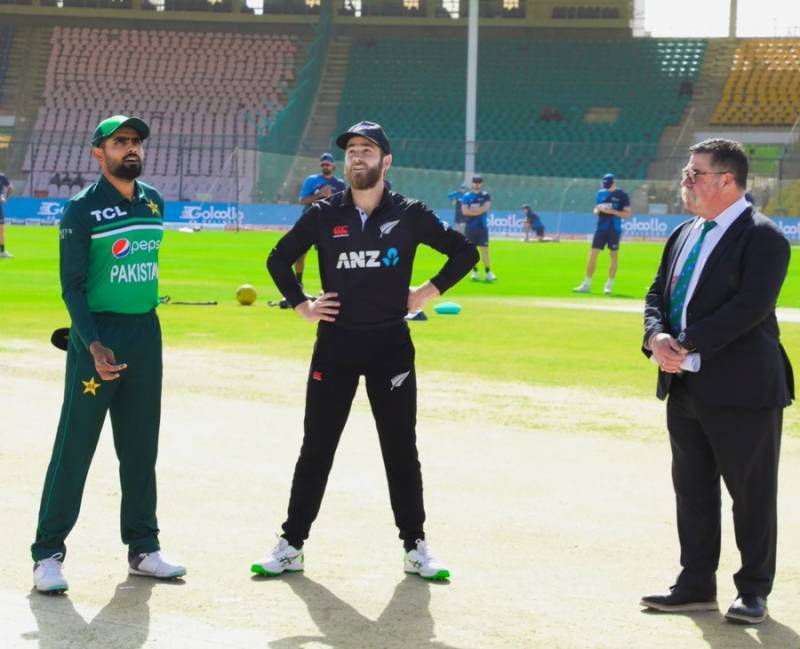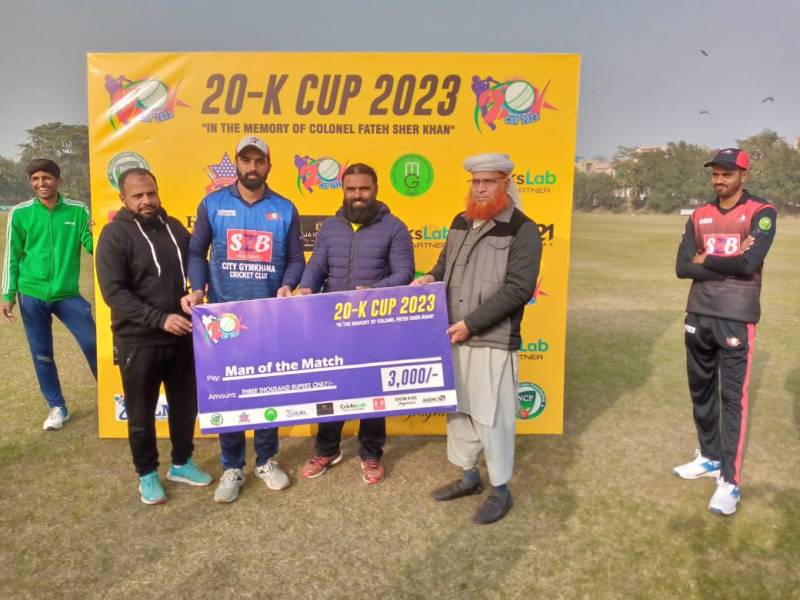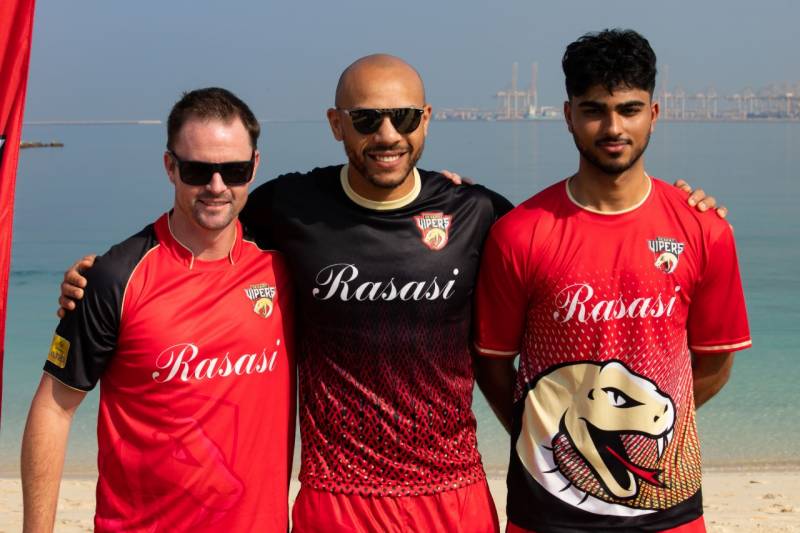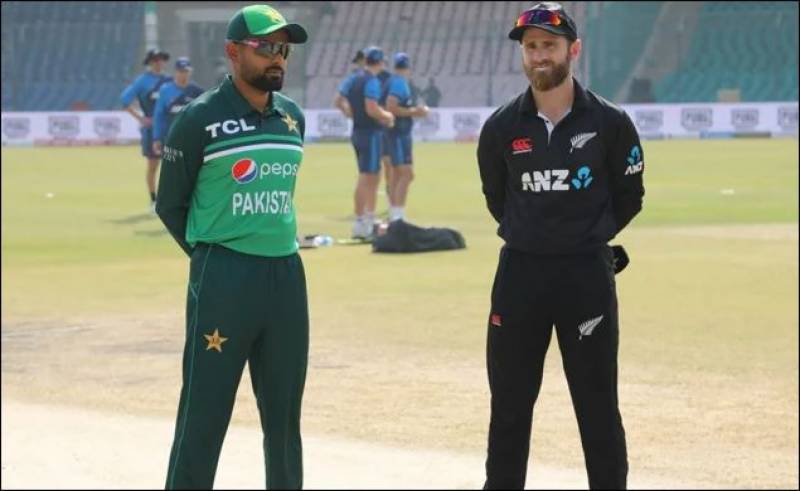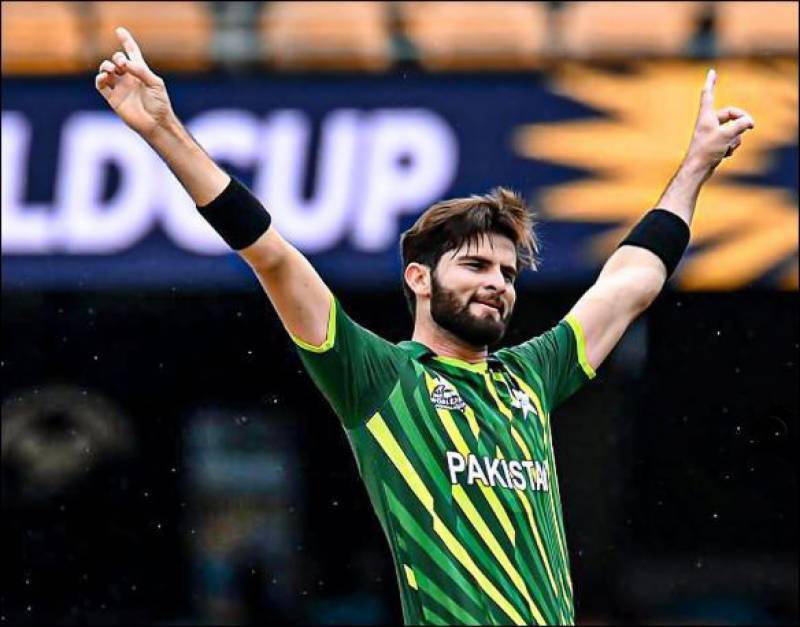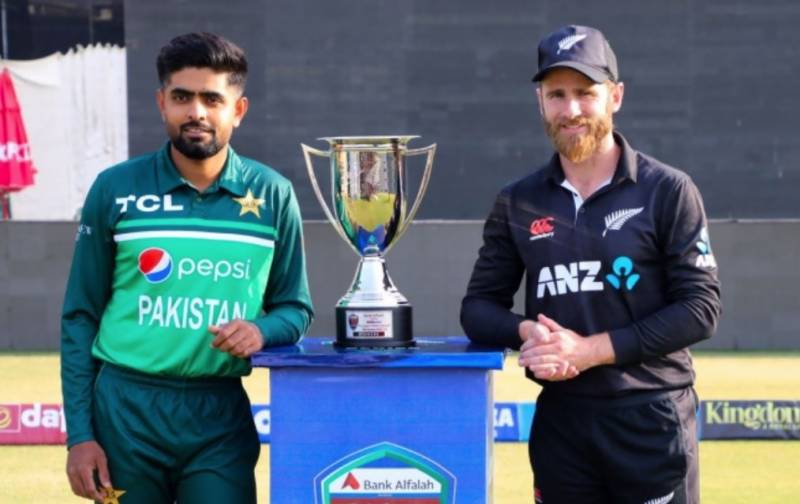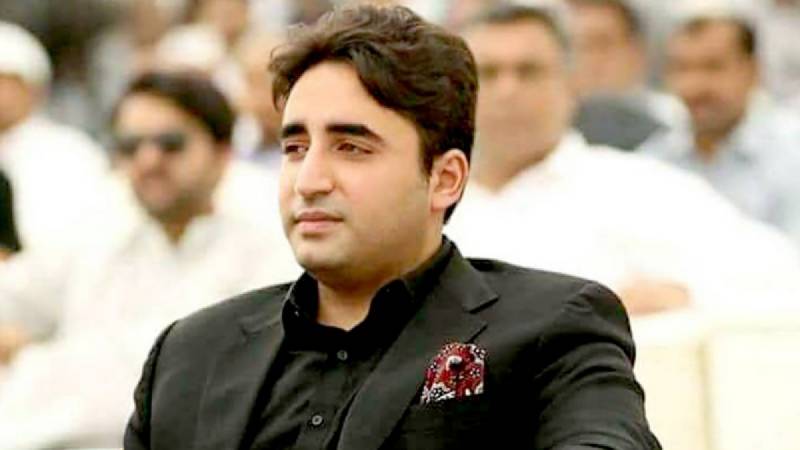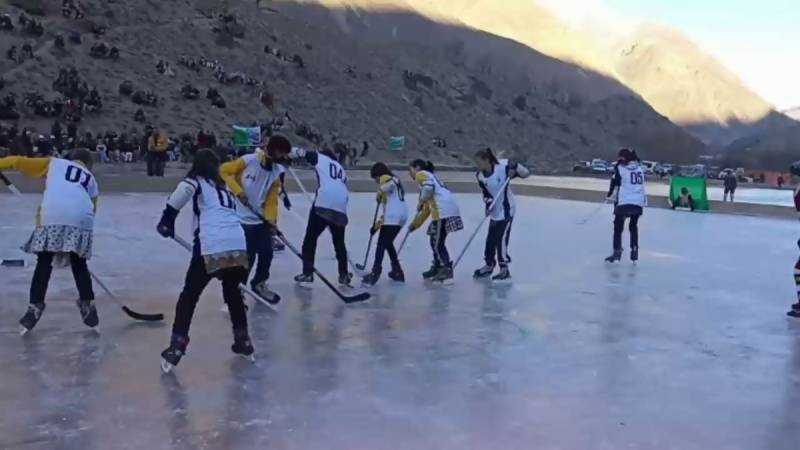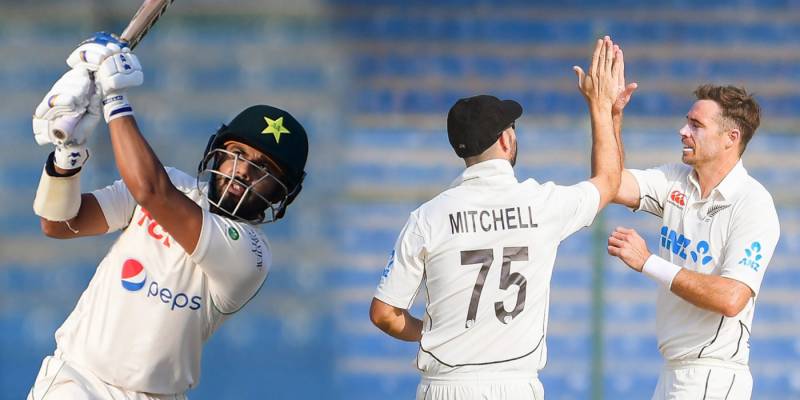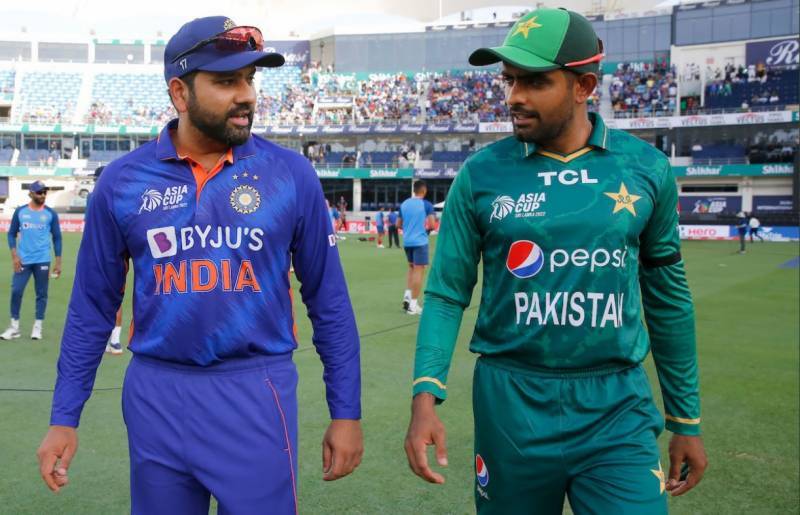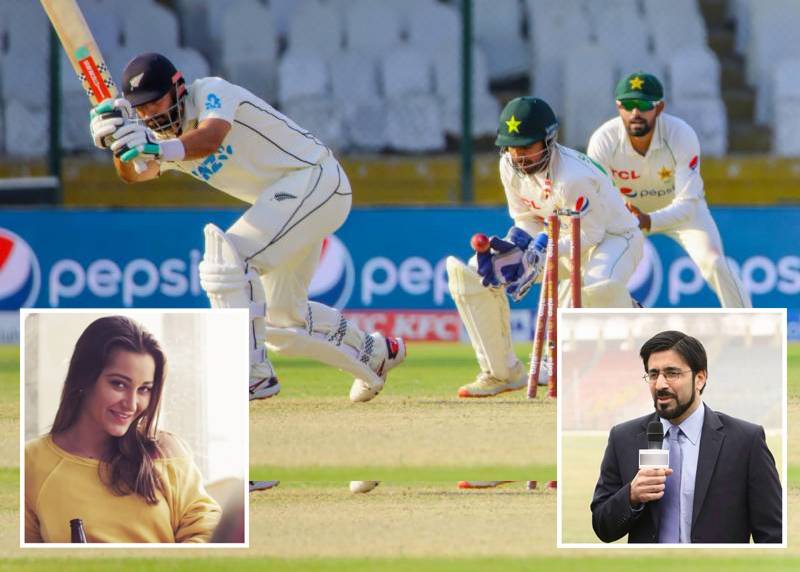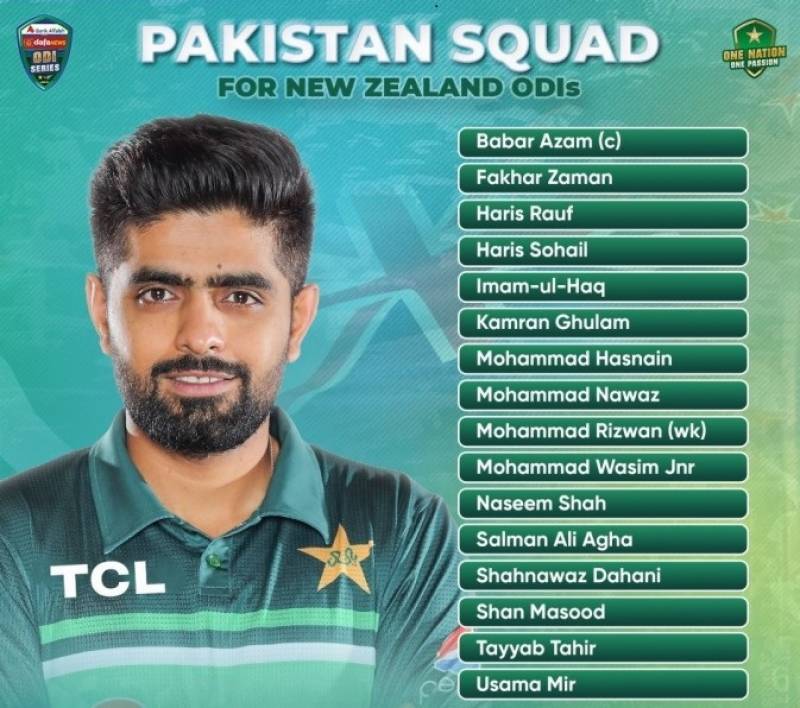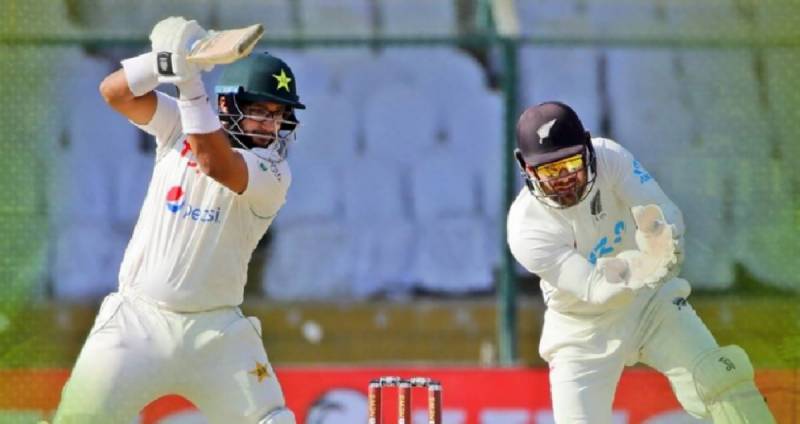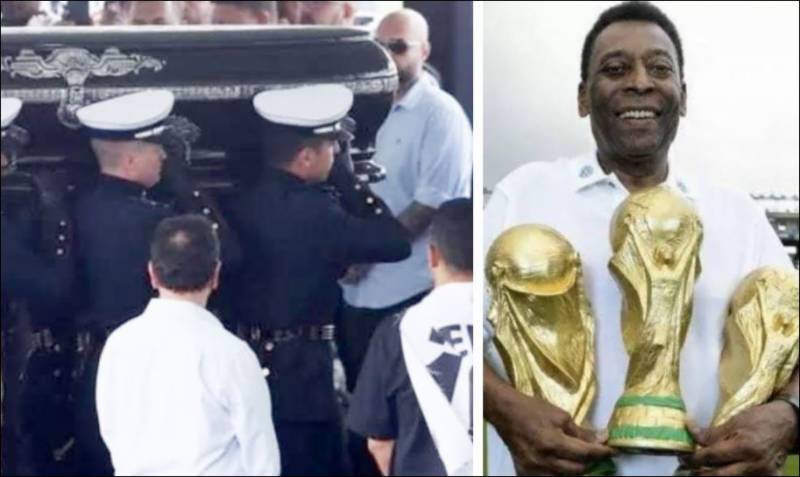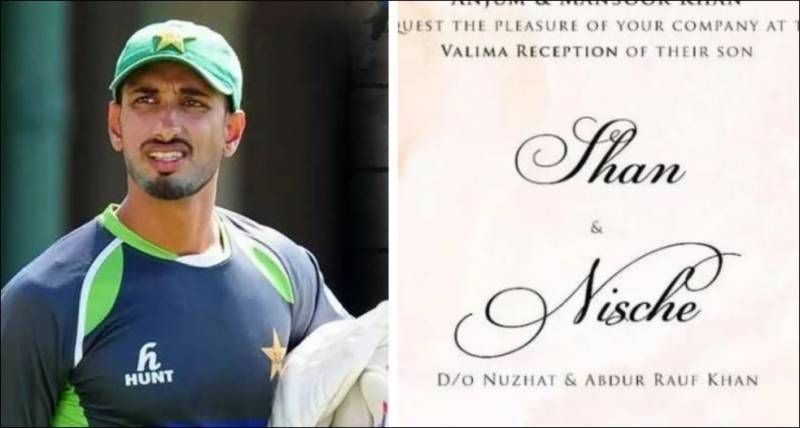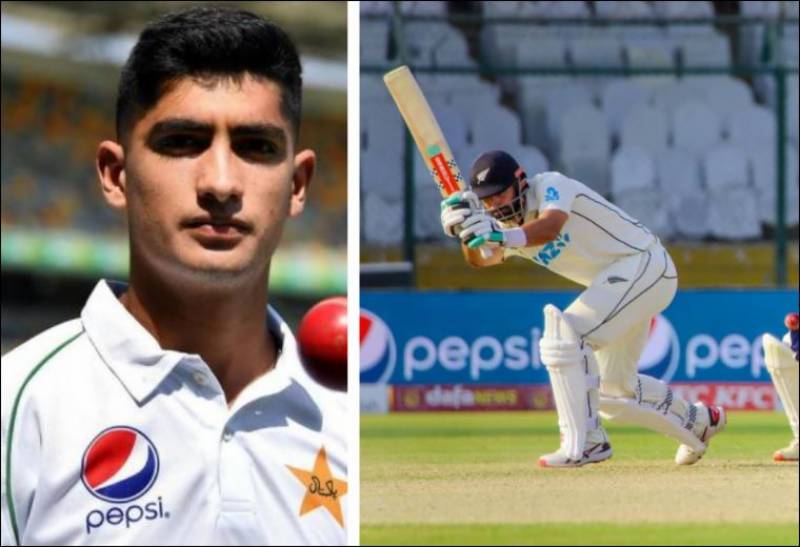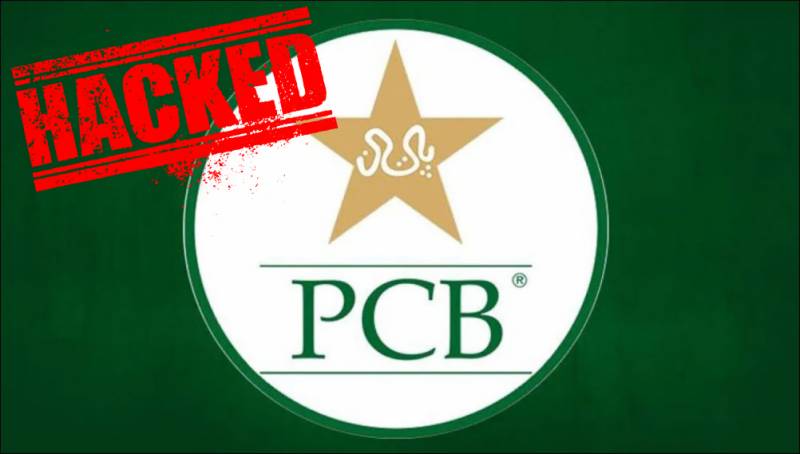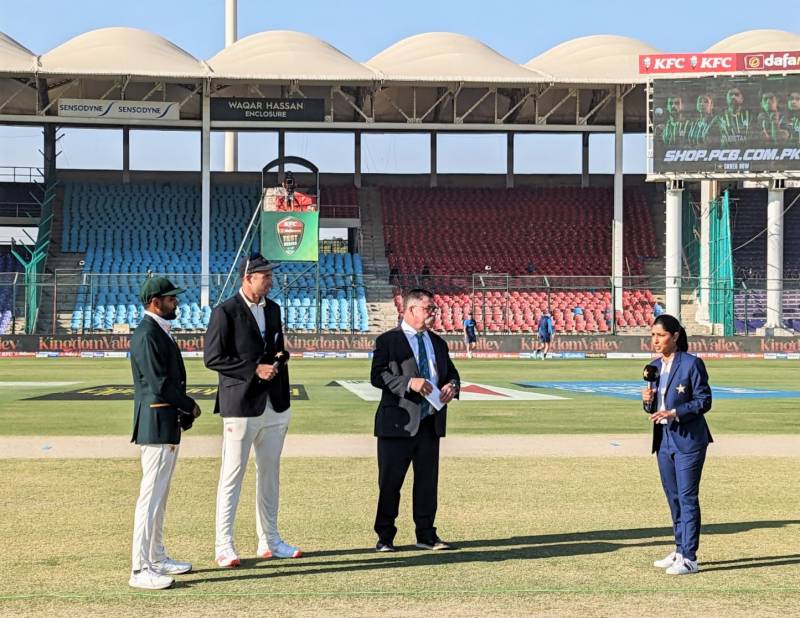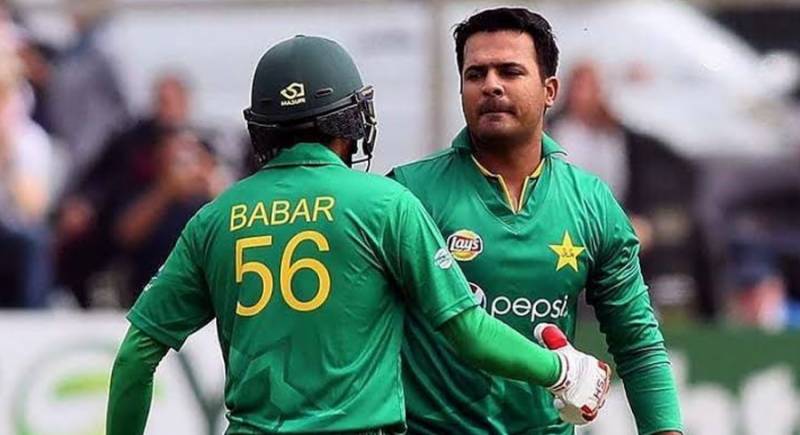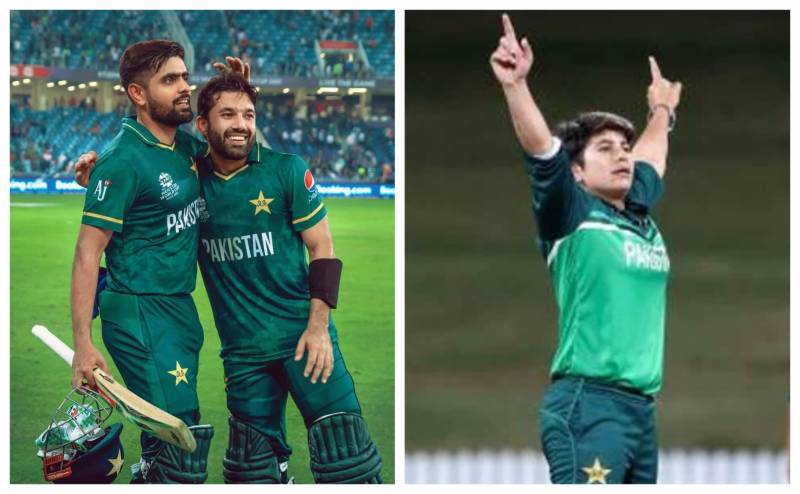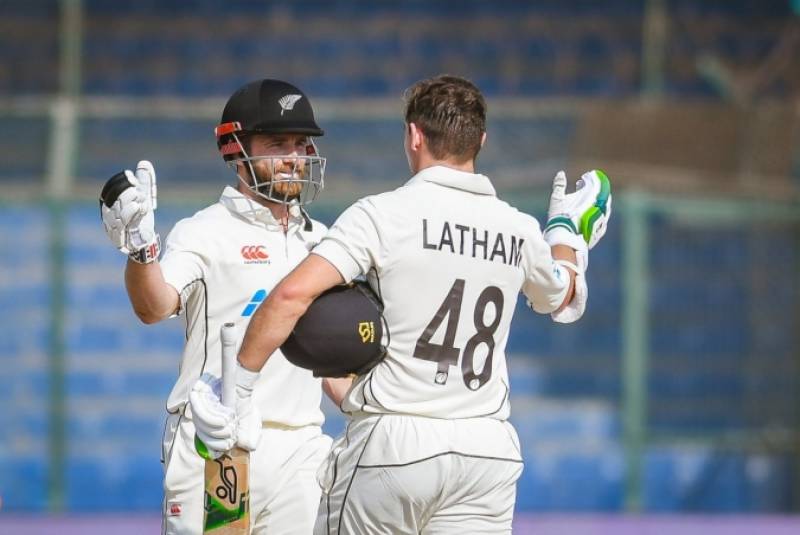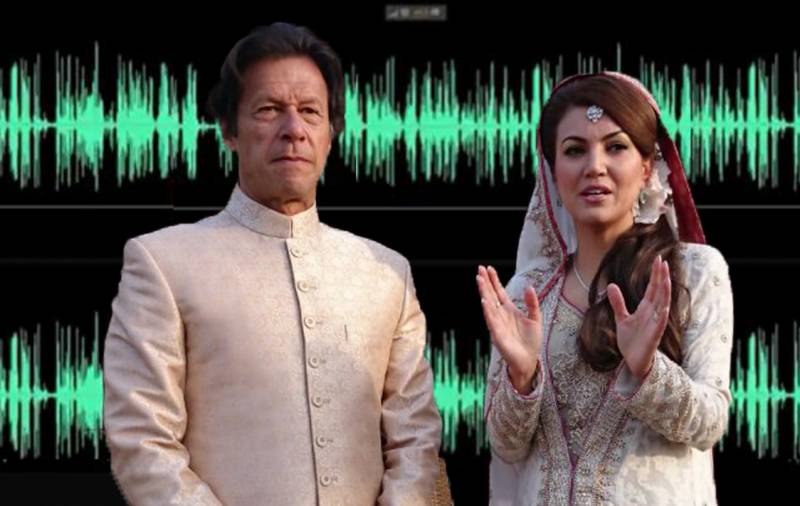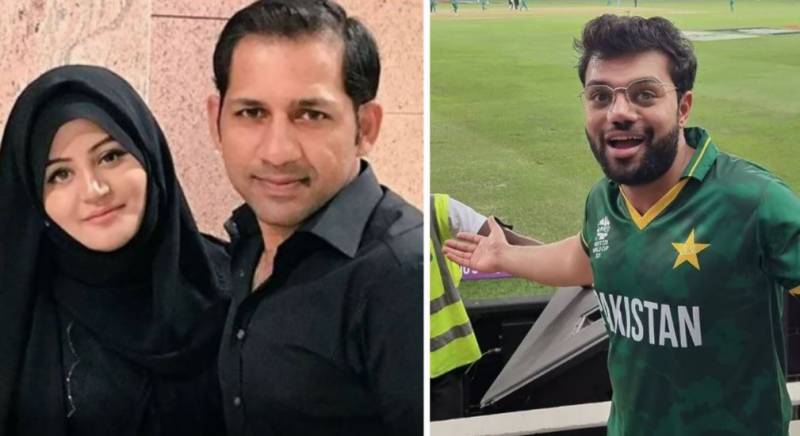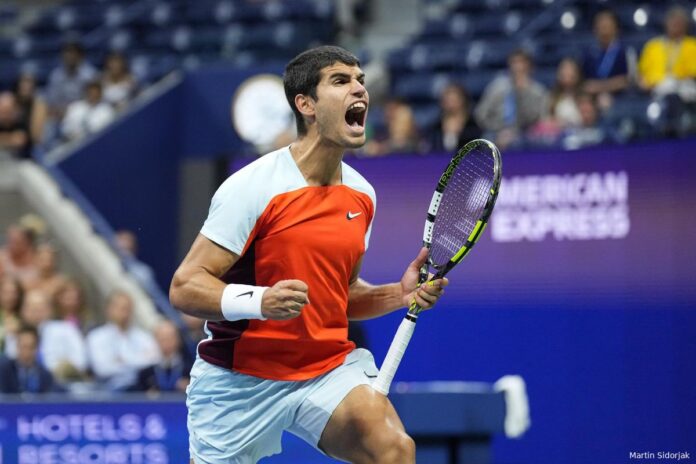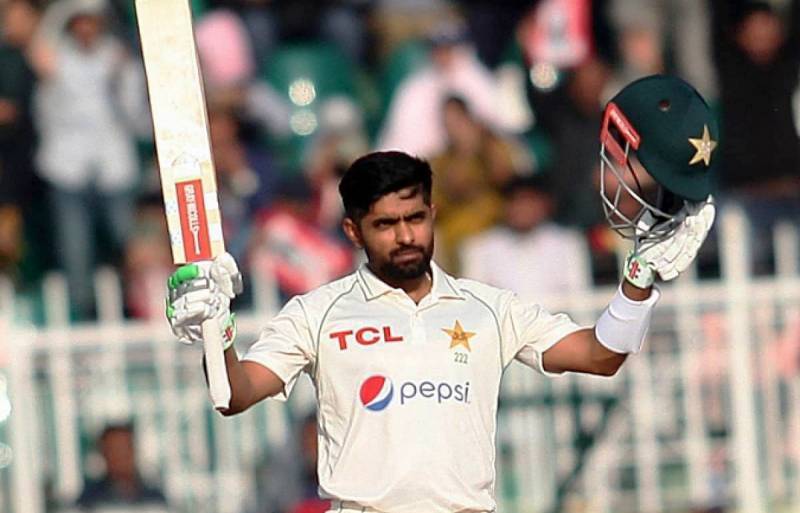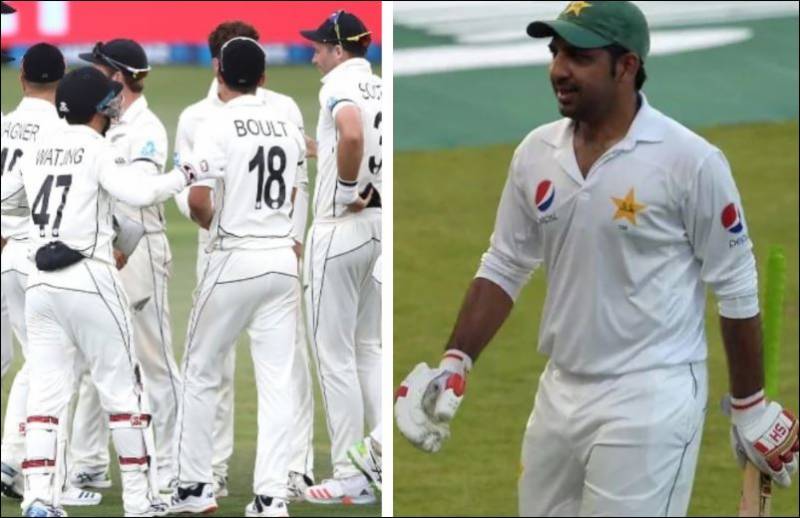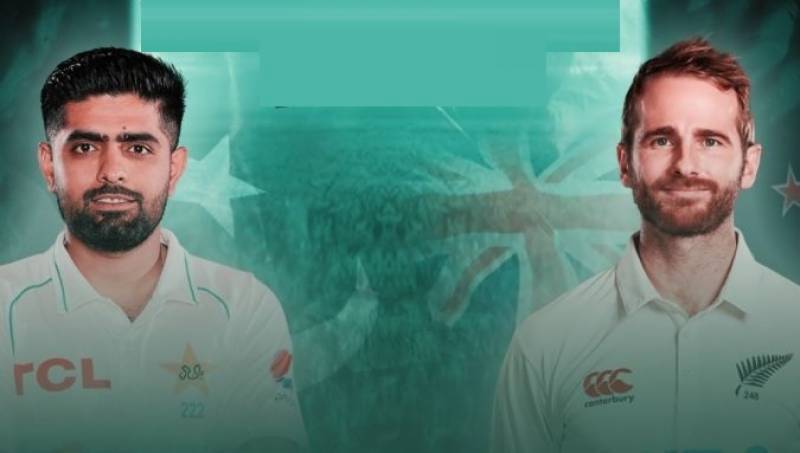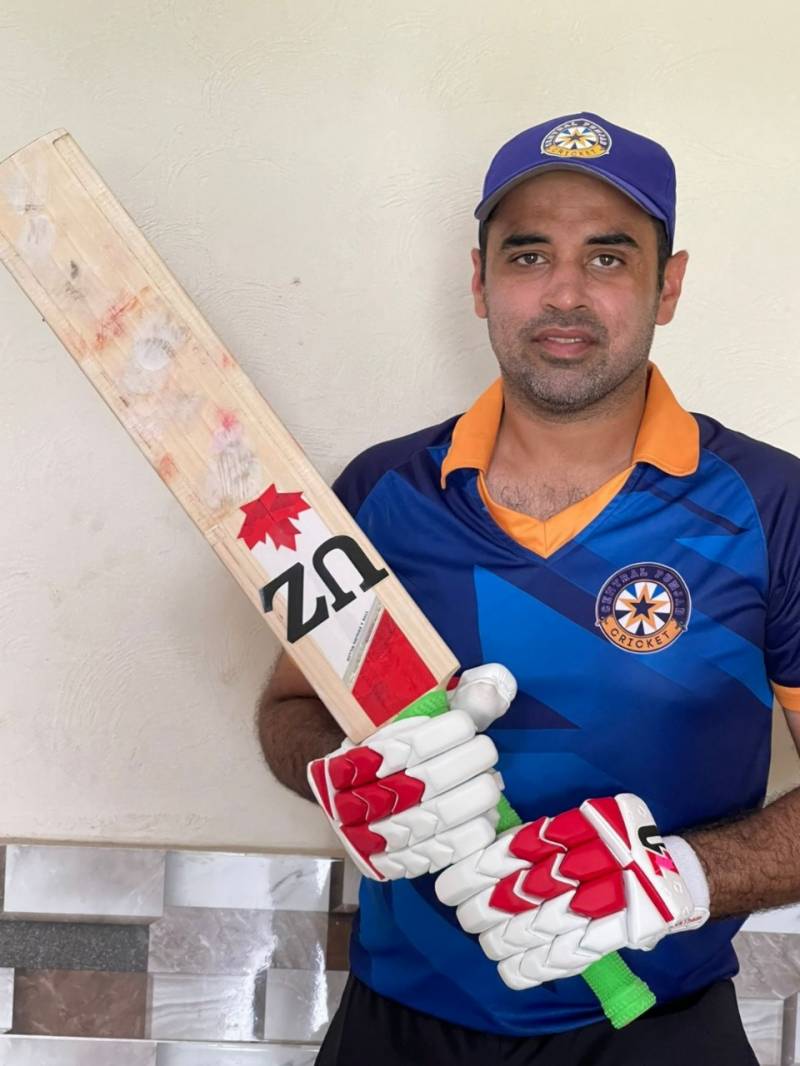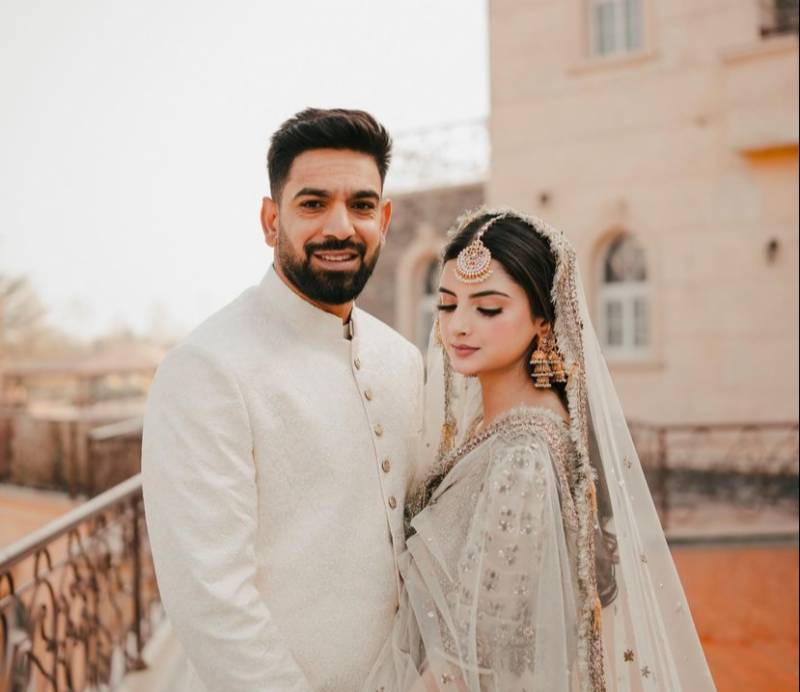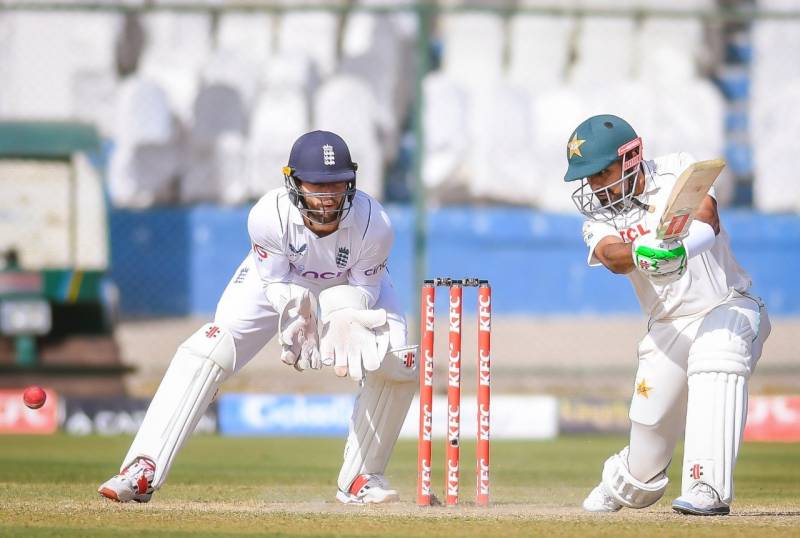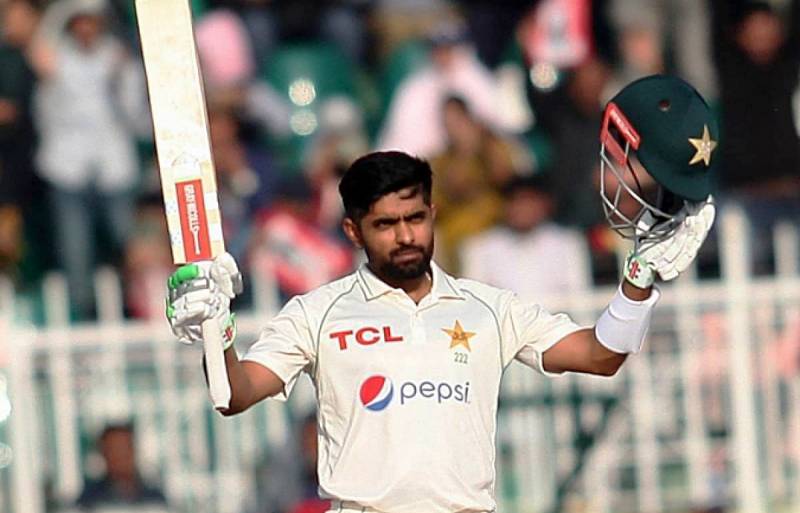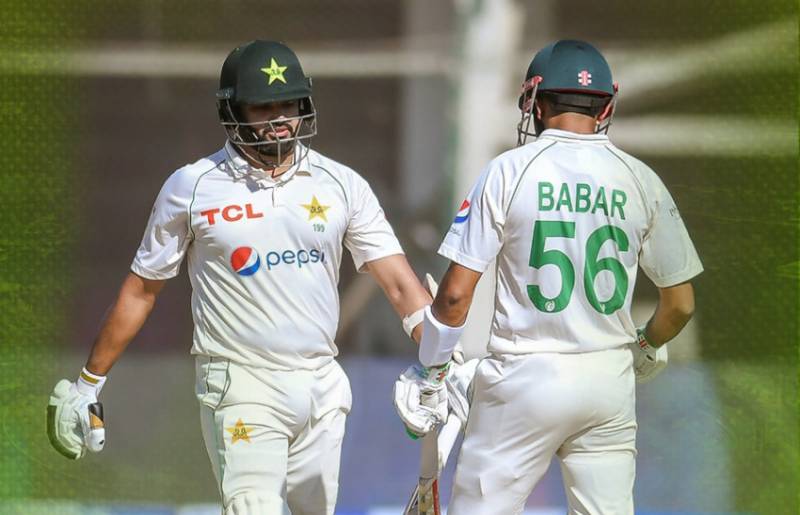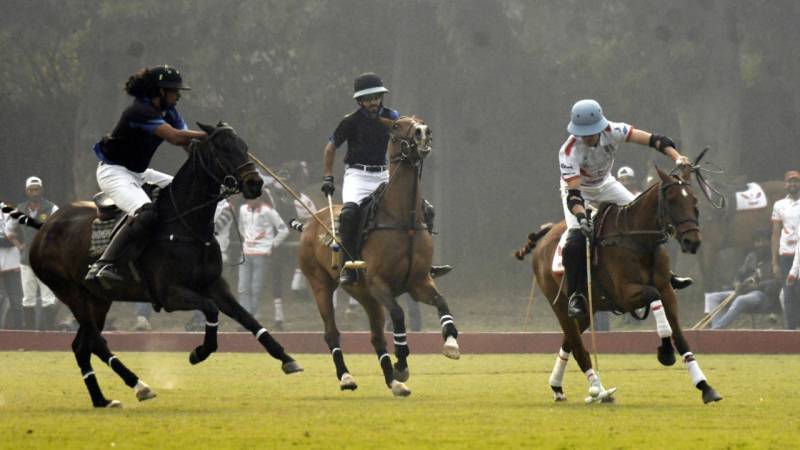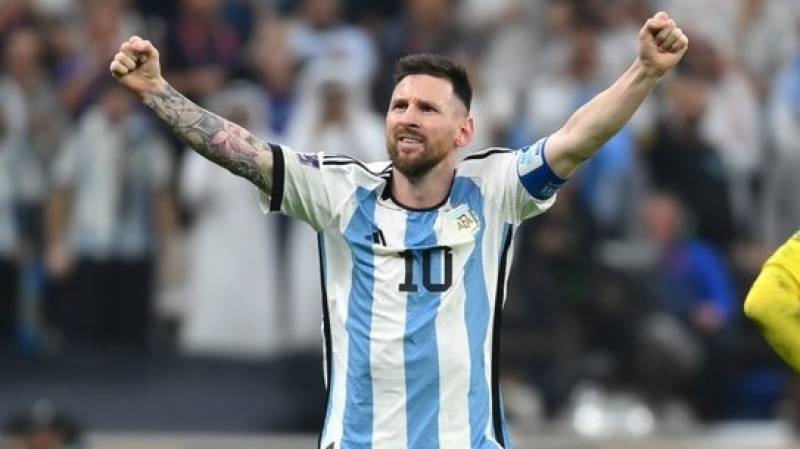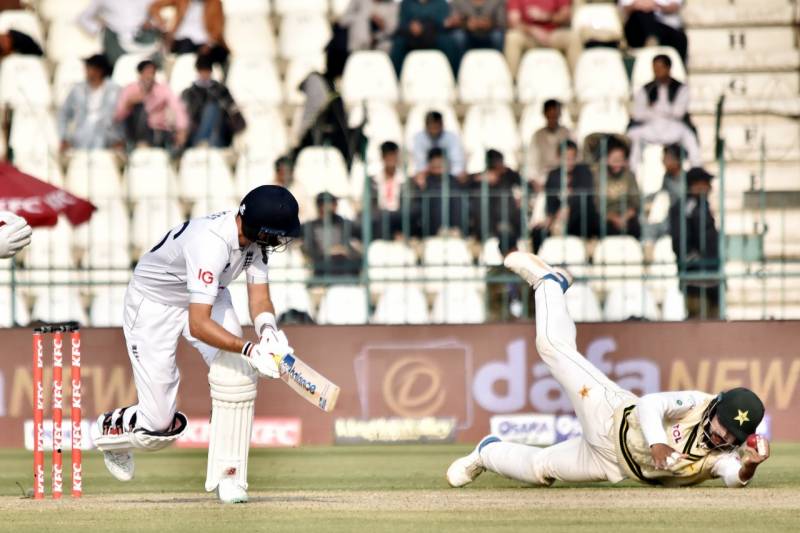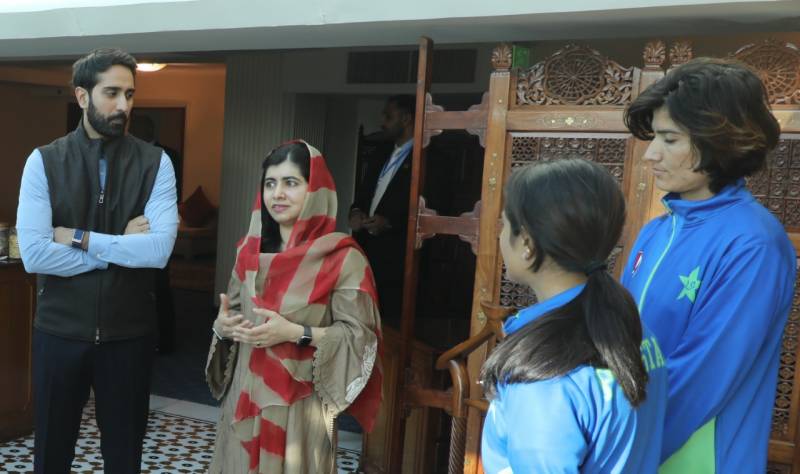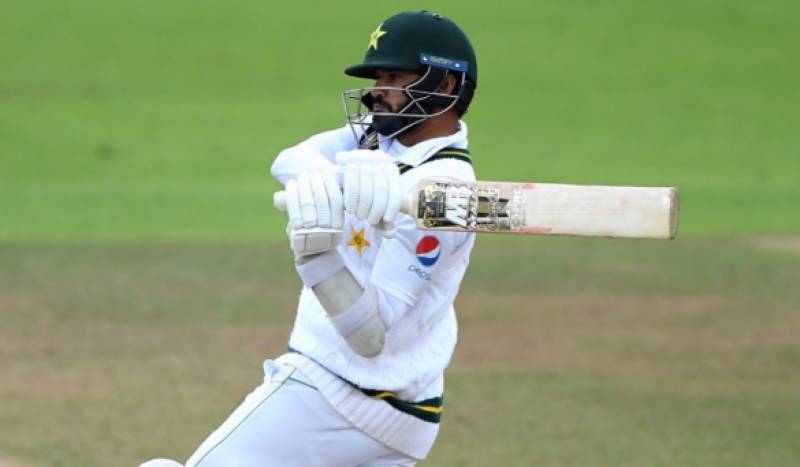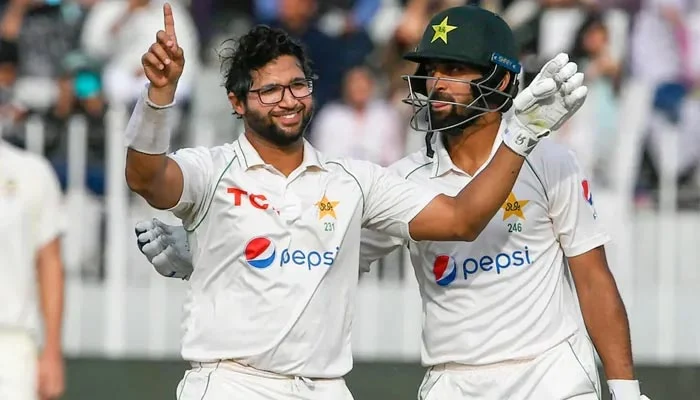
Ukrainians united against IOC stance but question boycott threat
With no end in sight to the hostilities since Russia launched its invasion of Ukraine and with a year to go to the start of the Paris Games, the International Olympic Committee (IOC) has yet to decide whether competitors from Russia and its ally Belarus can compete under a neutral flag.
Olha Saladukha, Ukraine’s 2011 triple jump world champion and now a lawmaker, prays that her compatriots are not presented with an ultimatum.
“I hope that neither the IOC nor the French government will force us to make a difficult choice: boycott the Games or shake hands with those who have the blood of Ukrainians on them,” Saladukha told AFP.
Talented 800 metres runner Dmytro Kovalschuk is one of the many Ukrainian athletes who have fought on the frontline. His faint hopes of competing in Paris were dashed when after seven months of combat he suffered a serious shoulder wound.
“I believe (the Olympics) is not the place for them, for those bringing violence into the world we should not ignore it,” Kovalschuk told AFP. “I believe the Olympic Games is about uniting people.
“How can we unite with those who launch rockets and heavily shell facilities or homes and kill people? “This is unfair if Russian sports people whose country started this should be able to compete and we cannot.” The toll in terms of both athletes lives and facilities is stark.
“At least 317 athletes and coaches were killed,” said Saladukha. “These are not only soldiers at the front, but also people in the rear. “The enemy is deliberately and systematically destroying our sports infrastructure. ” “As of today, 343 sports facilities have been damaged, 95 of them completely destroyed.”
Saladukha says a boycott of the Olympics is a “last resort”. She hopes France will listen to the Ukrainian parliament’s demand to bar Russian and Belarusian athletes from French territory. The 40-year-old would though be willing for them to be in Paris on one condition.
“Another solution could be for those Russian and Belarusian athletes who want to participate in the Games to sign an anti-war declaration,” she said. “They should condemn Putin’s war. After that, those who sign such a document can form a refugee team and compete at the Olympics.”
‘Bach ignores the majority’
However, two athletes with hopes of being in Paris agree with tennis player Lesia Tsurenko who told AFP in June it was best for Ukrainians to beat the Russians on “any field.” Tennis has allowed Russians and Belarusians onto the international circuit, often facing Ukrainian opponents who refuse to shake hands after matches in protest.
Track and field athletes have not had that dilemma as World Athletics is one of the few federations to have rejected the IOC’s recommendation. Maryna Bekh-Romanchuk — who took silver in the long jump at the 2019 world championships — says she “completely agrees with” Tsurenko.
“My mind is that the athletes should defend our country at international meetings and major competitions,” she told AFP. “We should do the same as our army is doing, defending our country. And do the best for it.”
Anna Ryzhykova — a three-time European Championship 400m hurdles medallist — is also unconvinced by the argument for a boycott of the Olympics, an idea advanced by Ukraine’s sports minister. “I don’t think this is the right solution,” she told AFP.
“Perhaps the minister had some serious reasons for that. “But I hope that Russians or Belarusians will not be allowed and we will be able to compete in the Olympics.”
There may be some divisions over a possible boycott but Ukrainians are united in their anger at IOC President Thomas Bach and what they see as his sympathy for their oppressors.
Bach argues that denying Russian competitors the right to compete because of their government’s actions is denying them their human rights. “It seems to me the entire sports community is shouting that Russian athletes have no place at the Olympics, and Bach stubbornly ignores the opinion of the majority,” said Ryzhykova.
“(World Athletics president) Sebastian Coe accepted our arguments and understands how terrible this war is for sports as well. “Thomas Bach is more concerned about the fact Russians have lost the right to participate in competitions than the fact Ukrainians have lost not only the right to play sports, but also the human right to live.”









































